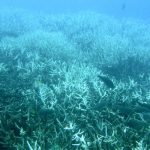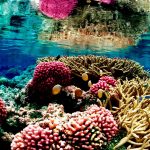In Mike Nichols’s 1967 film, The Graduate, a disillusioned college grad, Ben, played by Dustin Hoffman, is taken aside at a party by a family friend, Mr. McGuire.
“I want to say one word to you, just one word,” Mr. McGuire tells him.
“Yes, sir.”
“Are you listening?”
“Yes, I am,” Ben says, nodding.
“Plastics.”
“Exactly how do you mean?” Ben asks.
“There’s a great future in plastics. Think about it. Will you think about it?”
The “plastics” quote became the film’s best-known line, and one of the best known in American cinema. And you know what? Mr. McGuire was right.
In the 1960s, plastics were mostly used for durable goods, from car seats to sleek, Italian-designed kitchenware. Shortly thereafter, the use of single-use, throwaway plastic for beverages, food, shopping bags and containers exploded, creating fortunes for the petrochemicals companies that would churn out hundreds of millions of tonnes of polyethylene, the most common and cheapest of the plastics.
https://www.theglobeandmail.com/report-on-business/rob-commentary/plastics-there-is-a-great-future-in-bioplastics-will-you-think-about-it/article37669410/







